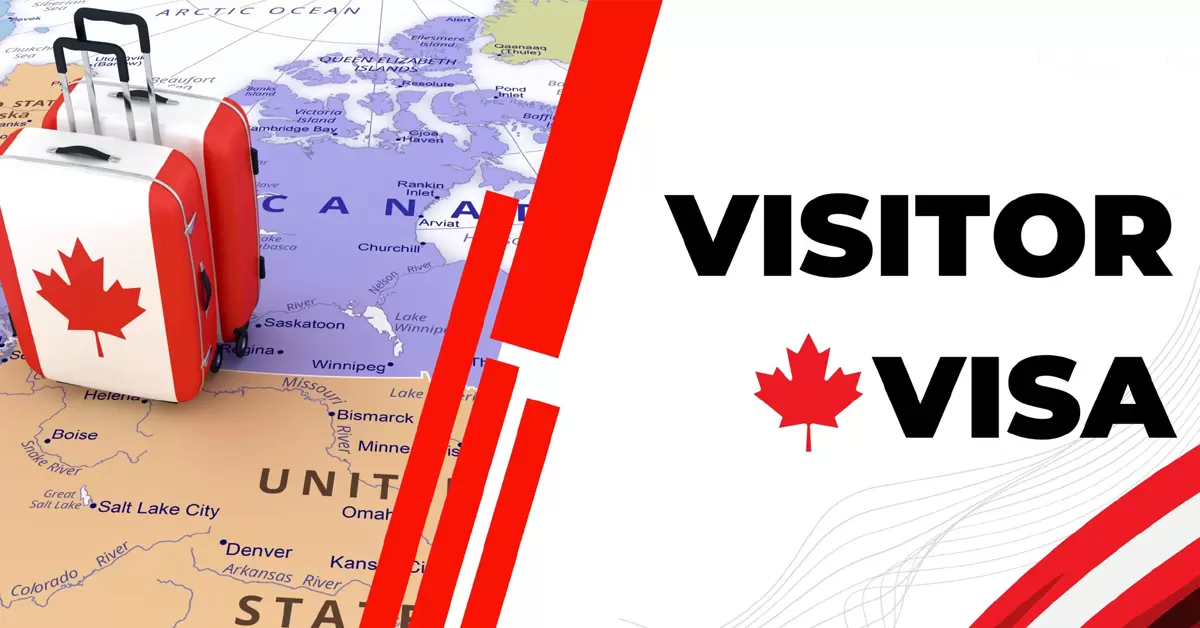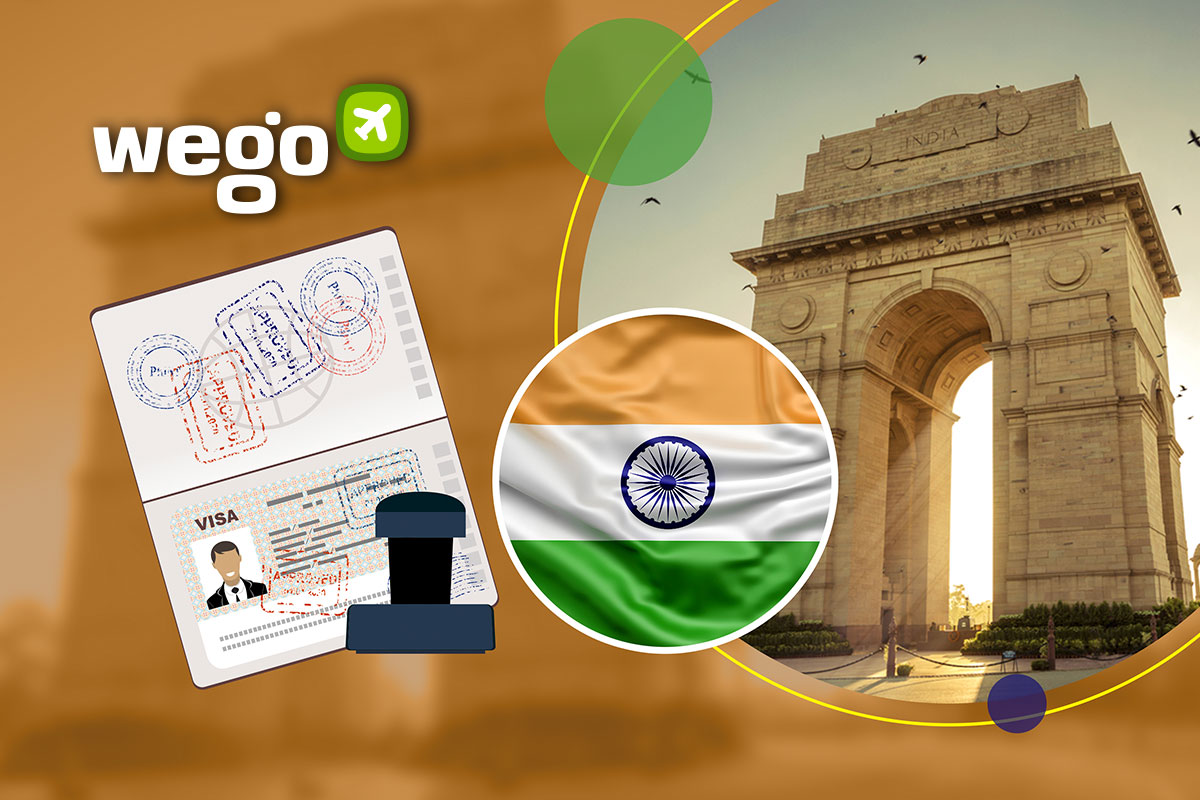Are you an Australian citizen dreaming of exploring the stunning landscapes and vibrant cities of Canada? If so, you’ll need to navigate the process of obtaining a Canada visitor visa. This guide will walk you through everything you need to know about applying for a visitor visa, including eligibility requirements, the application process, and tips for a successful application. So, let’s dive in and make your Canadian adventure a reality!
What is a Canada Visitor Visa?
Definition and Purpose
A Canada visitor visa, also known as a Temporary Resident Visa (TRV), is an official document that allows foreign nationals to enter Canada temporarily. It’s essential for individuals who plan to visit Canada for tourism, family visits, or business purposes. This visa doesn’t permit you to work or study in Canada but allows you to explore and experience the country’s attractions.
Types of Visitor Visas
There are several types of visitor visas depending on the purpose of your visit:
- Tourist Visa: For individuals visiting Canada for tourism.
- Business Visa: For business travelers attending meetings, conferences, or short-term business engagements.
- Family Visit Visa: For those visiting family members residing in Canada.
Why Australians Are Interested in Canada
Popular Reasons for Visiting Canada
Canada is a popular destination for Australians for various reasons. Whether it’s the breathtaking natural beauty of the Rockies, the vibrant cultural scene in cities like Toronto and Vancouver, or the chance to experience the famed Canadian hospitality, there’s something for everyone. From skiing in Whistler to exploring historical sites in Quebec, the opportunities are endless. CANADA VISA FOR AUSTRALIAN CITIZENS
Benefits of Visiting Canada
Visiting Canada offers numerous benefits. You can experience a new culture, enjoy diverse landscapes, and build connections with friends or family living abroad. Plus, Canada’s high quality of life and safety make it an appealing choice for travelers.
Applying for a Canada Visitor Visa
Eligibility Criteria
Before applying for a visitor visa, ensure you meet the following criteria:
- Valid Passport: Your passport must be valid for the duration of your stay.
- Proof of Funds: You need to show that you have enough money to support yourself during your visit.
- Intention to Leave: You must prove that you will leave Canada at the end of your visit.
Required Documents
Gathering the correct documents is crucial for a smooth application process. Here’s what you’ll need:
Passport and Photos
You must provide a valid passport and recent passport-sized photographs that meet Canadian visa requirements.
Proof of Financial Support
Submit evidence of your financial situation, such as bank statements, employment letters, or other proof that demonstrates you can support yourself during your stay.
Travel Itinerary
A detailed itinerary showing your planned travel dates, destinations, and accommodation arrangements will help support your application.
Application Process
Online vs. Paper Application
You can apply for a Canada visitor visa online or by submitting a paper application. The online process is often faster and more convenient, but both methods require you to complete the same forms and provide similar documents.
Tips for a Successful Application
- Complete Forms Accurately: Ensure all forms are filled out correctly and truthfully.
- Submit All Required Documents: Missing documents can delay your application.
- Apply Early: Start your application well in advance of your planned travel dates to avoid last-minute issues.
Processing Time and Fees
Typical Processing Times
The processing time for a Canada visitor visa can vary depending on factors such as the volume of applications and your country of residence. On average, it can take anywhere from a few weeks to a couple of months.
Application Fees and Additional Costs
Fees for a visitor visa typically include the application fee and biometric fee, if applicable. Be prepared for additional costs, such as medical exams or police certificates, if required.
Frequently Asked Questions
How Long Can I Stay in Canada?
The duration of your stay in Canada depends on the decision made by the immigration officer processing your visa application. Typically, visitor visas are granted for up to six months.
Can I Extend My Stay?
Yes, you can apply for an extension of your stay while in Canada. However, you must apply before your current visa expires and provide a valid reason for the extension.
What If My Visa Application is Denied?
If your application is denied, you’ll receive a letter explaining the reasons. You may be able to reapply or appeal the decision if you can address the concerns raised.
Conclusion
Securing a Canada visitor visa is a crucial step for Australians planning to explore this beautiful country. By understanding the requirements, preparing the necessary documents, and following the application process carefully, you can enhance your chances of a successful application. So pack your bags and get ready for an unforgettable adventure in Canada!
FAQs
What is the maximum duration for a Canada visitor visa?
Visitor visas typically allow stays of up to six months, though the exact duration is determined by the immigration officer.
Can I work on a visitor visa?
No, a visitor visa does not permit you to work in Canada. If you wish to work, you must apply for a work permit.
Do I need a visitor visa if I’m just transiting through Canada?
If you are passing through Canada on your way to another destination, you may need a transit visa. Check the specific requirements based on your travel plans.
Can I apply for a visitor visa if I have a criminal record?
A criminal record can affect your eligibility for a visitor visa. You may need to provide additional documentation or apply for a temporary resident permit.
How do I check the status of my visa application?
You can check the status of your visa application online through the Canadian government’s immigration website or contact the visa office where you applied.



